ENDURING GUARDIANSHIP LAWYER
Speak To An Experienced Enduring Guardianship Lawyer In Sydney
Empowering Your Future Health & Lifestyle Decisions
Enduring Guardianship is a critical part of any estate plan. While a Power of Attorney gives someone the ability to handle your legal and financial affairs, an Enduring Guardian is legally authorised to make personal, medical, and lifestyle decisions when you’re unable to do so yourself.
Whether it’s a short-term medical issue or a long-term incapacity due to illness or injury, having the right person in place ensures your preferences are respected and urgent decisions aren’t delayed.
How Our Enduring Guardianship Lawyers Can Help
Strategic advice on who to appoint and how to structure your guardianship
Drafting and execution of legally valid Enduring Guardianship documents
Integration with your broader estate planning — including Wills, Powers of Attorney, and Advance Care Directives
Emergency legal support in urgent care or tribunal matters
Advocacy and litigation if a guardianship appointment is being challenged
We have worked on a range of complex Enduring Guardianship matters, including:
Creating valid appointments where mental capacity was borderline
Navigating cultural and family sensitivities around care decisions
Resolving guardianship disputes in court and tribunal settings
Securing legal authority to protect vulnerable individuals with speech, mobility, or cognitive impairments
Challenging or defending Guardianship appointments in high-conflict family matters
Green & Associates Enduring Guardianship Lawyers
What is an Enduring Guardian?
An Enduring Guardian is someone you legally appoint to act on your behalf when it comes to:
Where you live
What medical or dental treatment you receive
The health and community services you access
How your care and lifestyle preferences are handled
This appointment only comes into effect once you lose the capacity to make these decisions on your own. It must be made while you are still mentally capable and understand the legal implications.
Why Appoint An Enduring Guardian?
Without an Enduring Guardian in place, your loved ones may need to apply to the NSW Guardianship Division of NCAT. This process can be slow, stressful, and may result in someone being appointed by the state who was not your choice.
By planning ahead, you:
Stay in control of who manages your wellbeing
Minimise family stress and delays during medical emergencies
Make sure decisions reflect your beliefs, values, and lifestyle preferences
Avoid the risk of having the Public Guardian assigned to you
What an Enduring Guardian Can and Cannot Do
They can:
Decide where you live (for example, at home, with family, or in care)
Approve or refuse medical and dental treatment
Make choices around support services and care providers
Carry out your end-of-life care preferences
They cannot:
Handle your finances or legal matters (that is a Power of Attorney)
Change your Will or health care directive
Vote on your behalf or consent to marriage
Make decisions about special treatments like sterilisation
Engage in any unlawful or high-risk activity on your behalf
Advance Care Directives: The Companion Document
We strongly recommend that clients who appoint an Enduring Guardian also create an Advance Care Directive.
This document outlines your specific wishes in scenarios such as:
Whether you want to be resuscitated
Accepting or refusing ventilator support
Preferences around quality of life versus length of life
Religious or cultural beliefs to be respected
Together, these two documents give you maximum protection and clarity.
Who Can Be Appointed?
Your Enduring Guardian must:
Be over 18 years of age
Be someone you trust to act in your best interests
Consent to their appointment in writing
Not be your paid carer or healthcare provider (such as your GP)
You may appoint more than one Guardian or assign different decision-making responsibilities to each.
What is a Guardianship Order and How Does It Work in NSW?
A Guardianship Order is issued by NCAT to appoint someone to make healthcare and lifestyle decisions for a person who has lost capacity. It differs from financial management orders and covers decisions around accommodation, medical treatment, care services, and personal contact. The process involves an NCAT hearing, supporting documentation, and may include future reviews or appeals. To avoid delays and tribunal involvement, Green & Associates recommends appointing an Enduring Guardian in advance.
Meet Our Team
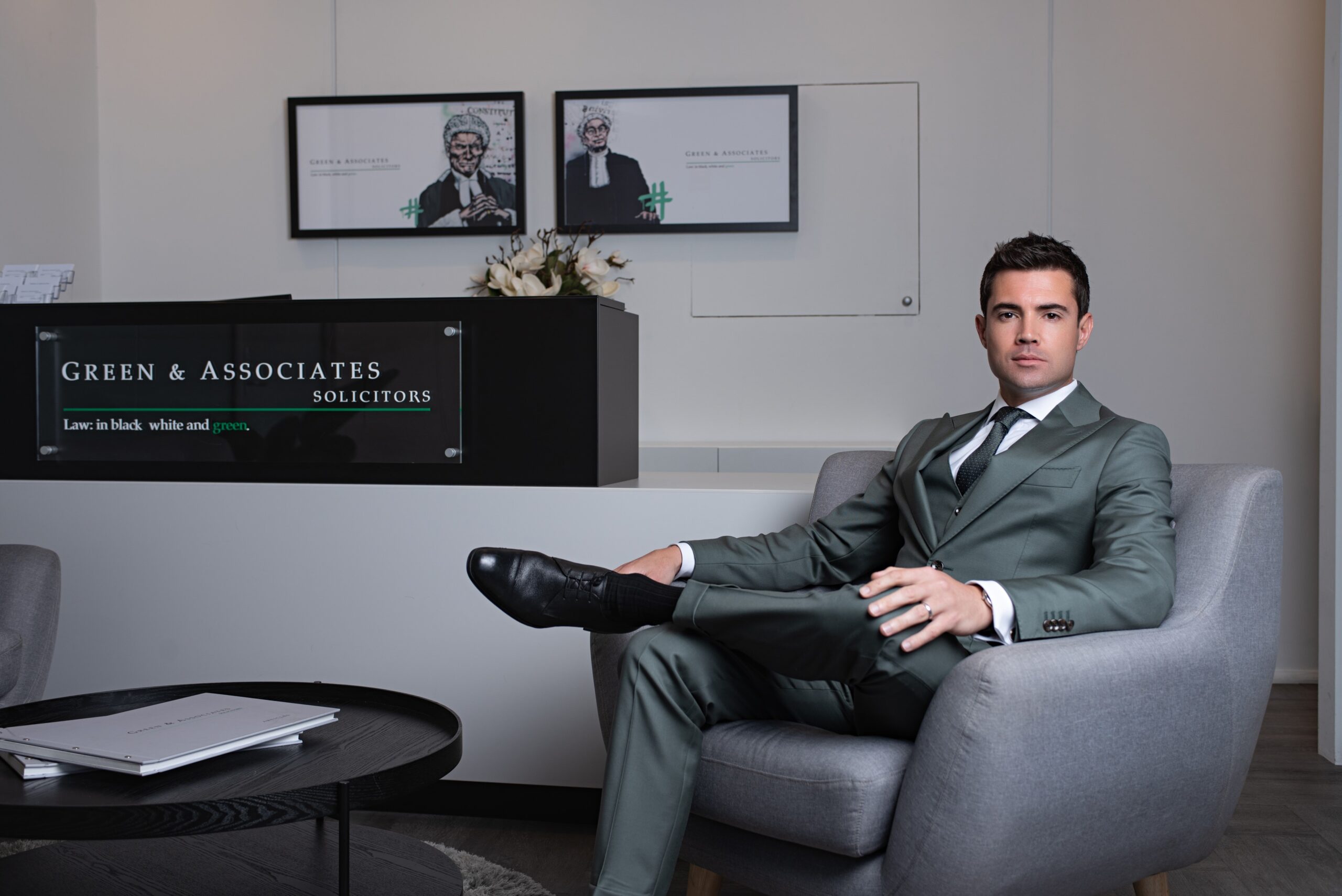
Dominic Green
Principal Solicitor
Specialising in: Criminal Law, Litigation & Disputes, Commercial Law, Corporations, Contracting & Regulator Affairs, Estate Law.

Arina Sian
Senior Associate

Lori Kadish
Associate

Zachary West
Associate
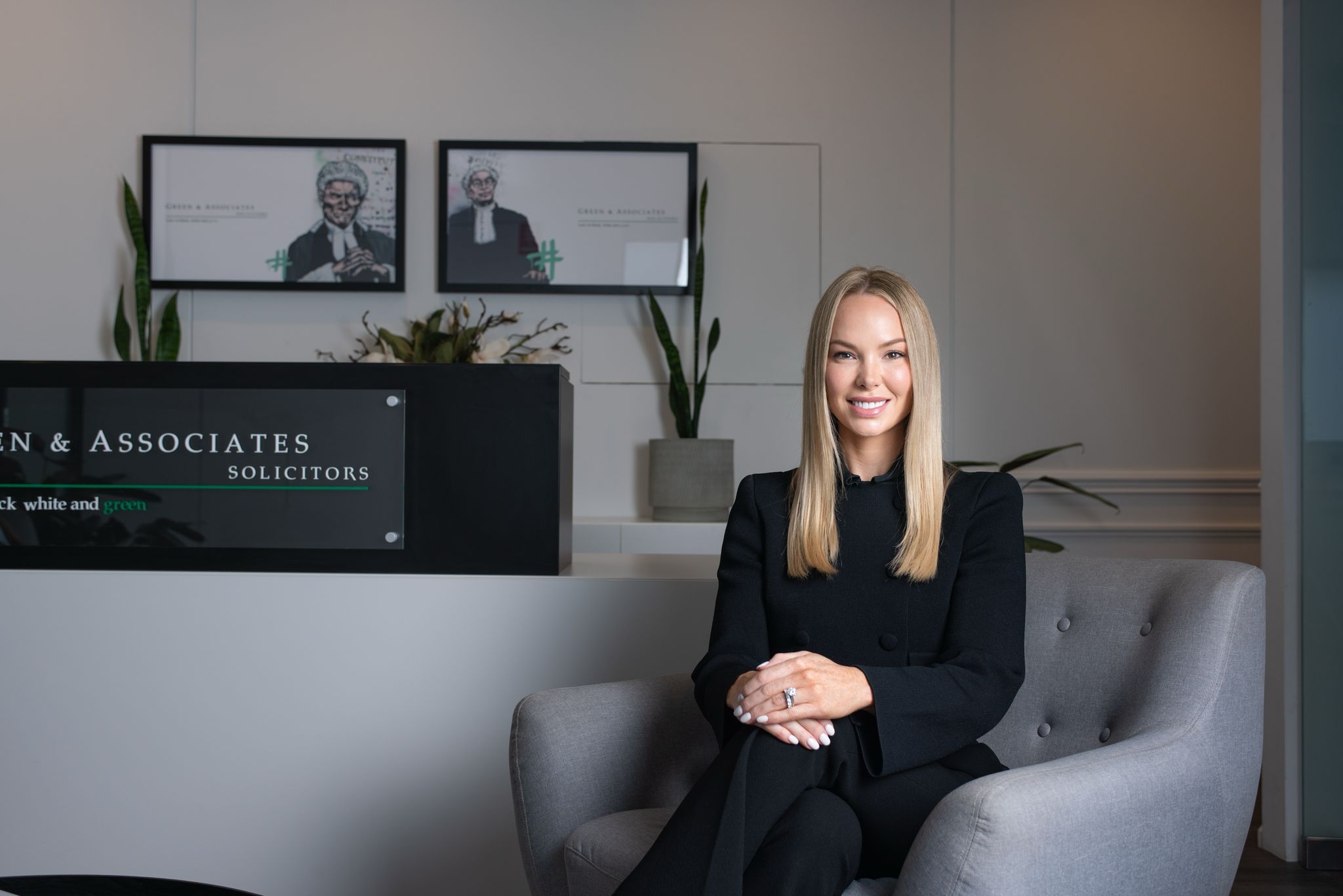
Lauren Cullen
Associate
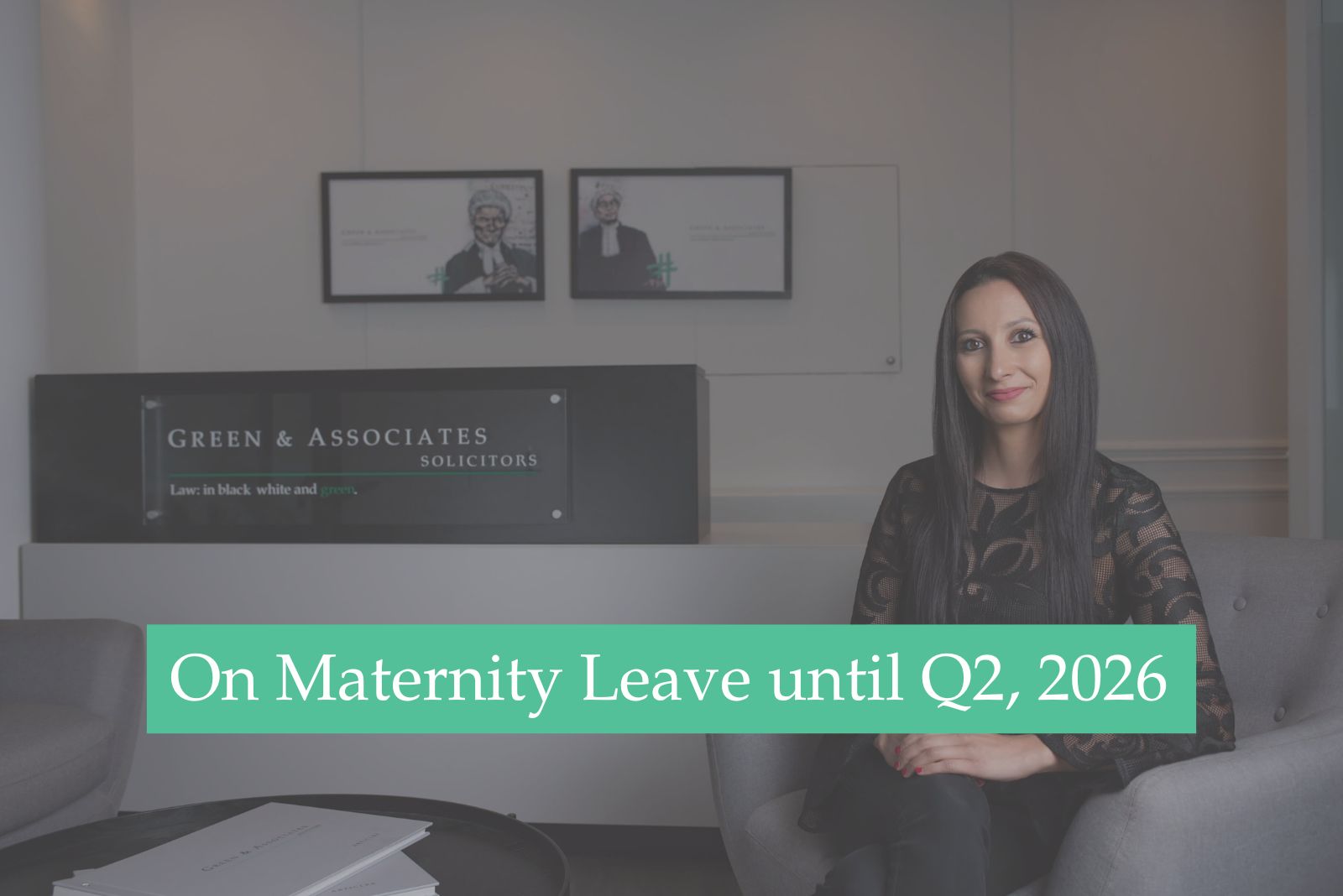
Myriam Lahcini
Associate

Riva Thapa
Paralegal
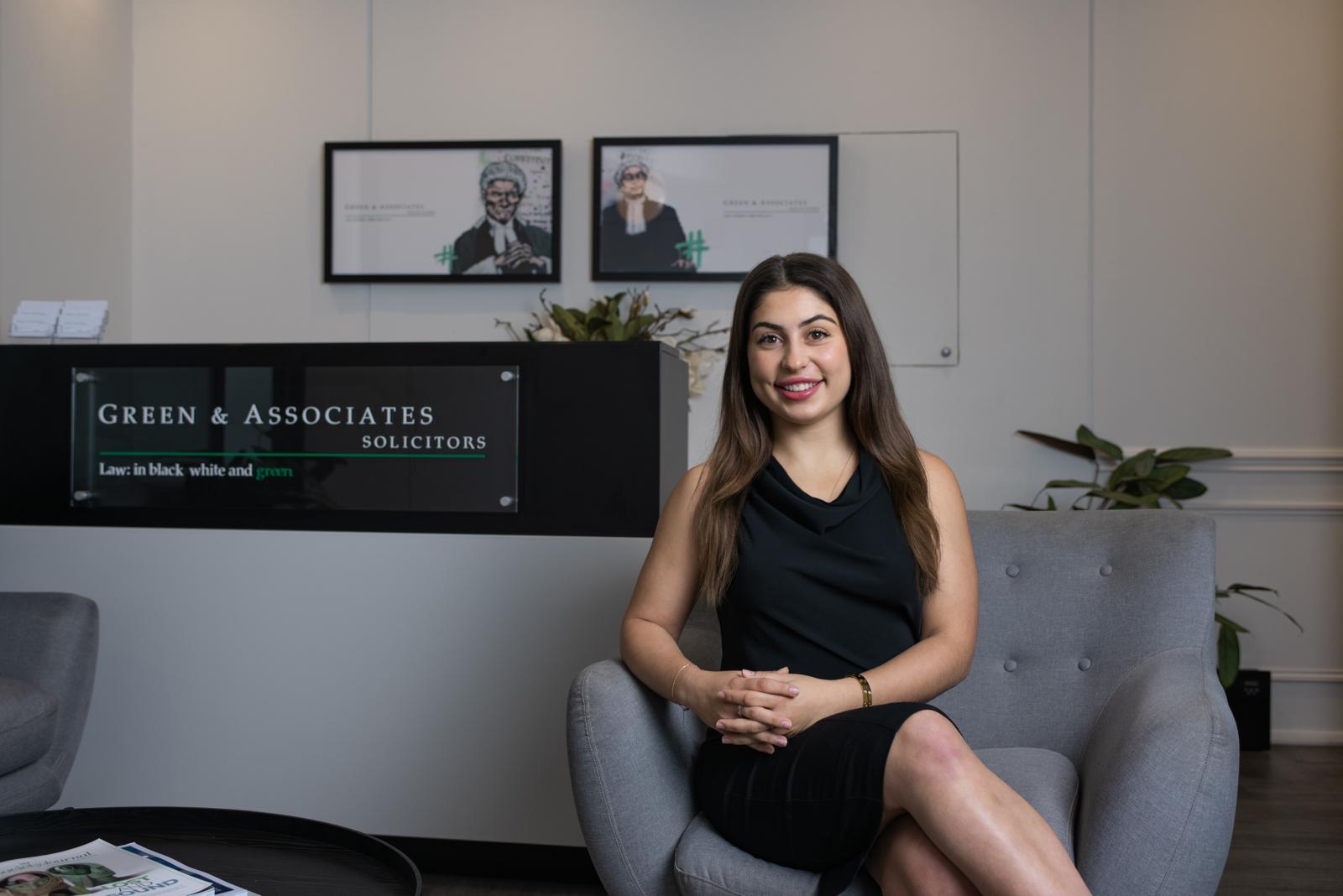
Kristina Zervas
Paralegal

Angus McDonald
Paralegal
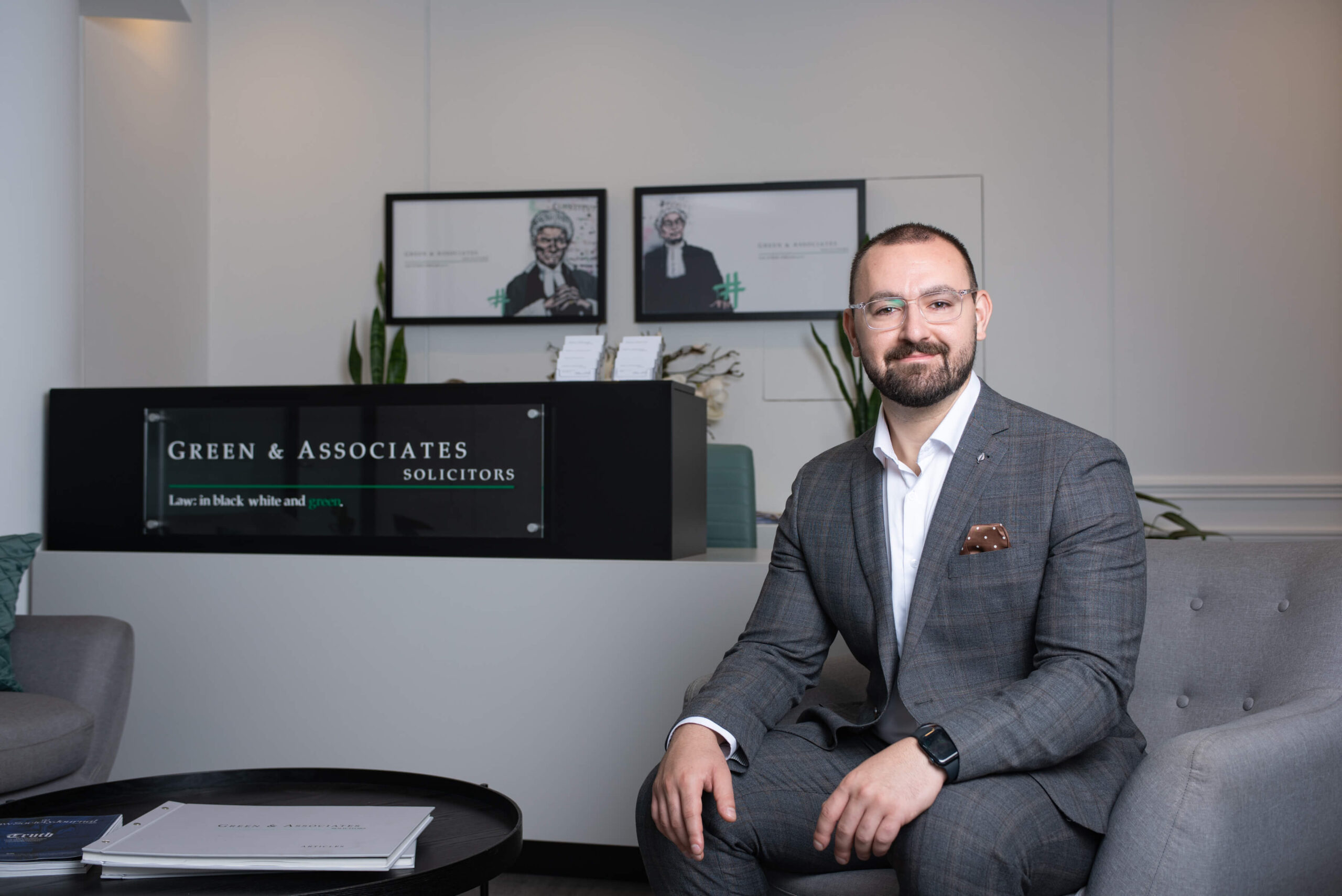
Ken Ozdemir
Marketing Manager

Ivy Green
Security & Debt Collection
Since joining the firm in 2021, Ivy has become an intergral part of the team. She is responsible for debt collection, office security and the mental wellness of both staff and clients.
FAQs: ENDURING GUARDIANSHIP
Can I appoint more than one guardian?
Yes. You can appoint multiple guardians and specify how decisions are made.
What makes a will valid in NSW?
It must be in writing, signed by the will-maker, and witnessed by two people who are not beneficiaries. Mistakes or informal wills may still be considered, but can lead to costly disputes.
What if my guardian can’t act?
We recommend appointing a substitute. We’ll guide you through your options.
Do I need an Advance Care Directive too?
Yes. This outlines your values and medical preferences in detail and works alongside your Enduring Guardianship.
What is the difference between an Enduring Guardian and a Power of Attorney?
A Power of Attorney deals with financial and legal matters. An Enduring Guardian makes lifestyle, health, and personal decisions. You may appoint the same person for both roles or choose different individuals.
What happens if I don’t have an Enduring Guardian?
If you lose capacity and have not appointed one, your family will need to apply to NCAT for guardianship orders. This can delay urgent treatment and decisions. The Public Guardian may be appointed if no suitable person is available.
Who is the best person to appoint?
Choose someone who knows you well, understands your values, and is confident making difficult decisions under pressure. This may be a spouse, adult child, or trusted friend.
Can I revoke my Enduring Guardian appointment?
Yes. As long as you still have capacity, you can revoke the appointment at any time. The Guardian can also resign, but if you lack capacity, they must apply to the Tribunal.
How is the appointment made legally valid?
It must be in writing, signed by both you and your Guardian, and witnessed by a qualified legal authority. We take care of this for you.
What are the fees and charges?
Fees vary depending on the complexity of your matter, whether you’re drafting a straightforward will, contesting a family provision claim, or managing probate for a large estate. We offer fixed fees for many estate planning services and transparent quotes for all others before any work begins.
How many years have you been practicing wills and estates law?
While our team has broad experience in the law, Green & Associates has spent over a decade building a reputation in wills, estates, and litigation.
Where is Green & Associates Solicitors located?
We’re based in Kings Cross, Sydney, just minutes from the CBD. We also work with clients remotely across NSW and internationally, especially in complex estate matters involving cross-border assets or overseas beneficiaries.
What type of wills and estates matters can you help me with?
We advise on all aspects of wills and estates law, including will drafting, testamentary trusts, probate, letters of administration, family provision claims, contested estates, Powers of Attorney, Enduring Guardianship, and superannuation disputes.
What happens after the initial consultation?
We will confirm our advice in writing, provide a fee proposal, and set out a clear plan of action. If you choose to proceed, we begin work immediately and keep you informed at every stage of the process.
Will I need to go to court?
Not always. Many matters, including disputes, can be resolved through negotiation or mediation. However, if a dispute cannot be settled, we are fully prepared to represent you in court and guide you through the entire process.